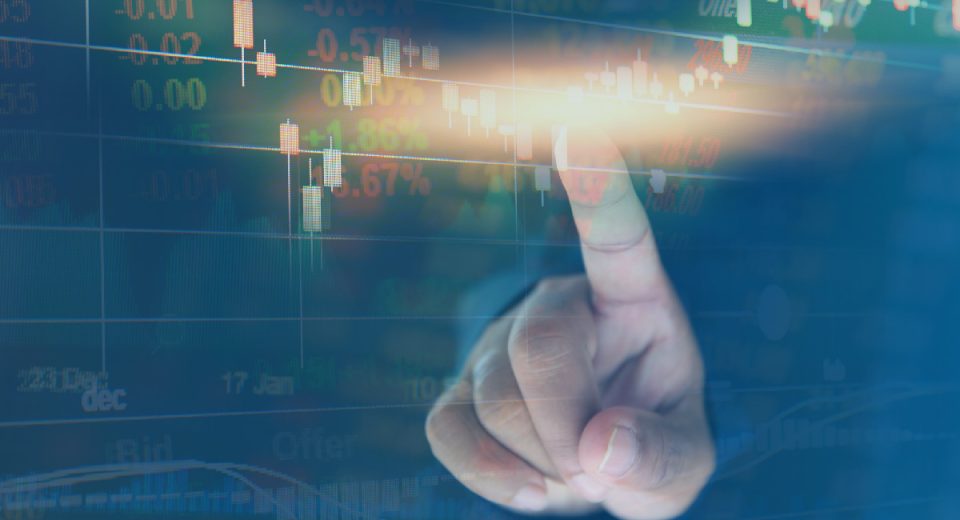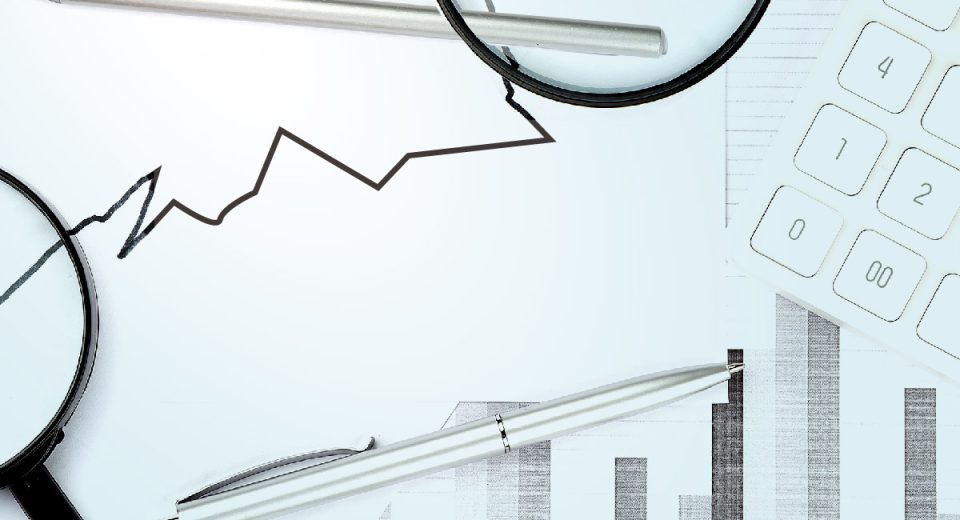Imagine learning that a specific asset’s price, for example oil, is set to rise dramatically. Are you tempted to trade it, even though you barely understand the energy market or what moves oil prices? Well, your temptation to trade might be driven by the fear of missing out or FOMO. Fear is one of the strongest emotions in the human psyche. Its primary purpose is protection against danger. Fear is essentially a survival mechanism that keeps you ready to avoid perceived threats to your life. While necessary in some situations, it can have negative consequences in others.
As a beginner, you may have the urge to jump on every trade you see others making, fearing that you may lose out on the opportunity. The threat of losing out on something desirable is driven by under confidence, lack of experience, or even greed. This is why trading decisions fuelled by FOMO could lead to devastating results. It may lead to overtrading, taking higher risk, or worse, more FOMO. That is why recognising and overcoming FOMO is essential.
Triggers of FOMO
FOMO trading stems from the fear of missing out on potential profits. It is triggered by:
Rapid Price Movements
Seeing the price of an asset surge or plummet can create a sense of urgency, urging you to enter or exit a trade.
Online trading forums and chat groups can amplify FOMO, with everyone seemingly bragging about their gains. Sometimes, these channels serve as mediums to orchestrate pump-and-dump schemes.
Tips and Rumours
Hearing about a “pro tip” or a potential market catalyst can make you feel like you need to act fast, without considering whether the decision aligns with your trading strategy.
Intent of Revenge
If you’ve missed out on certain opportunities or made bad trading decisions, you may be more inclined to act on others’ advice over your own strategy.
Unrealistic Expectations
Expecting to make only profitable trades or setting targets way higher than your strategy or market conditions warrant can be an invitation to FOMO trading.
You must understand that it is an emotion and not a thought. And every experienced trader recommends that trading decisions must be based on a rationale and not an emotion. That is why you need to learn a few strategies to overcome FOMO.
7 Tips to Prevent FOMO Trading
If you have felt that sense of urgency to make a trade just because others are doing so, you have been a victim of FOMO. Here’s how you can fight back against FOMO:
- Develop a Solid Trading Plan
“The best way to avoid FOMO is to have a plan,” says Michael Kitces, former practitioner editor of the Journal of Financial Planning and co-founder of the XY Planning Network. A well-tested strategy is your most powerful weapon. Create a trading strategy that outlines entry and exit points, risk tolerance, and trading goals. Your time horizon, position size, etc., must align with your strategy. Before making a move, ask yourself:
“Does this align with my trading plan? If not, abandon the trade.”
- Focus on Your Trading Goals
Every trader has different trading goals, risk tolerance, and available capital. Avoid getting caught up in what other traders are doing. Some trade to build a retirement fund, while others might want an income stream. Focus on what you are trying to achieve with your trading. Open a trade if the answer to the following question is yes:
“Does this drive me closer to my trading goals?”
- Practice Patience and Discipline
Prioritise discipline over hasty entry or exit. Instead of rushing into trades because others are, wait for the right opportunities that fit your criteria. Even if you miss a trade, there will always be other opportunities. Note that it is better to miss a good trade than to jump on to a bad one. Ask yourself:
“Am I trading out of herd mentality or because my technical analysis confirms the opportunity?”
- Manage Your Risk
FOMO often leads to surpassing your risk limits. While using stop-loss orders to limit your potential losses is critical for every trade; ask yourself:
“Does the overall risk on the portfolio lie within my tolerance limits?”
- Cut Through the Noise
Constantly checking social media, market commentary, etc., leads to information overload, which may fuel FOMO. Limit your exposure to a few reliable sources, especially when you’re feeling emotional. And keep a focus on your research and analysis. Before acting on an update ask:
“Does the news impact my trading strategy?”
- Strengthen Your Trading Psyche
Practicing mindfulness techniques, such as deep breathing, meditation and incorporating regular breaks in your trading routine, can be helpful. Whenever you feel overwhelmed, pause, reflect and choose inaction. Remember that your mental health needs breaks. This helps you stay confident and trade rationally. Keep a check on your mental state with a simple question:
“Is an emotion overpowering my rational thinking right now?”
- Keep a Trading Journal
The importance of a journal cannot be overemphasised, especially for tackling emotion. This is your guide to identifying which trades were made on impulse and which ones were based on your strategy. Document your trades, along with the motivation for entering or exiting the trade. Also, document your emotions before and after. Regularly review your journal and verify:
“Was the trade executed out of FOMO, or did I really understand it?”
Emotions are natural, so should be your ability to navigate them. One may struggle to counter the strong feeling to open more trades, follow the herd, or blindly take the advice of another trader. Take stock of your trading psyche and recognise your FOMO-driven actions with a demo account to gauge where you stand.
To Sum Up
- FOMO can force traders to make impulsive and emotion-driven trading decisions.
- Social media noise, too many signals, and constant market following may result in FOMO trading.
- With practice and patience, you can overcome FOMO in trading.
- Always use risk management measures, give yourself enough breaks and keep a trading journal to keep emotions out of trading decisions.
Disclaimer:
All data, information and materials are published and provided “as is” solely for informational purposes only, and is not intended nor should be considered, in any way, as investment advice, recommendations, and/or suggestions for performing any actions with financial instruments. The information and opinions presented do not take into account any particular individual’s investment objectives, financial situation or needs, and hence does not constitute as an advice or a recommendation with respect to any investment product. All investors should seek advice from certified financial advisors based on their unique situation before making any investment decisions in accordance to their personal risk appetite. Blackwell Global endeavours to ensure that the information provided is complete and correct, but make no representation as to the actuality, accuracy or completeness of the information. Information, data and opinions may change without notice and Blackwell Global is not obliged to update on the changes. The opinions and views expressed are solely those of the authors and analysts and do not necessarily represent that of Blackwell Global or its management, shareholders, and affiliates. Any projections or views of the market provided may not prove to be accurate. Past performance is not necessarily an indicative of future performance. Blackwell Global assumes no liability for any loss arising directly or indirectly from use of or reliance on such information here in contained. Reproduction of this information, in whole or in part, is not permitted.





